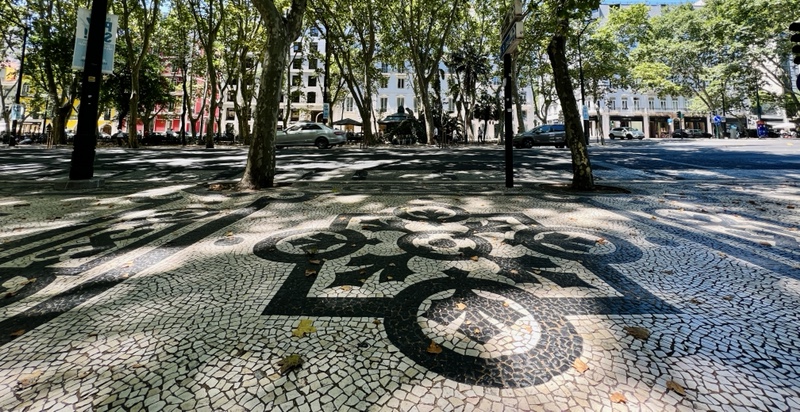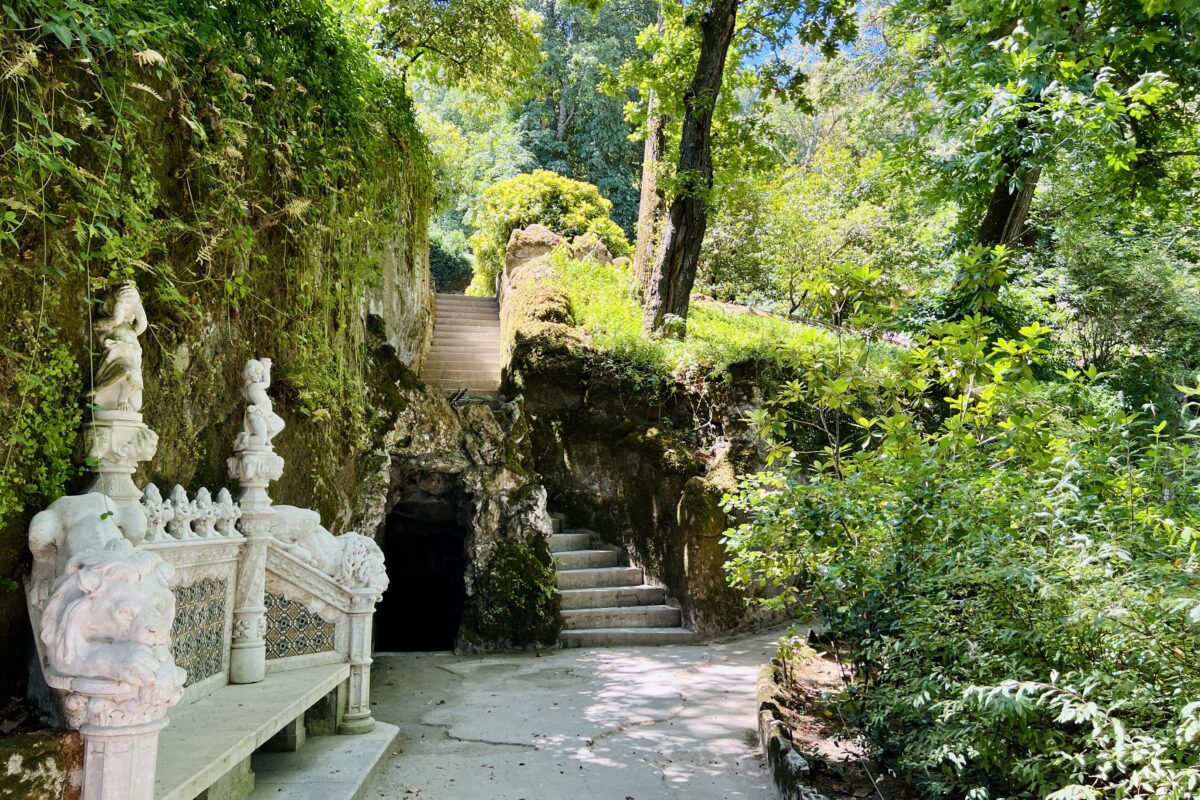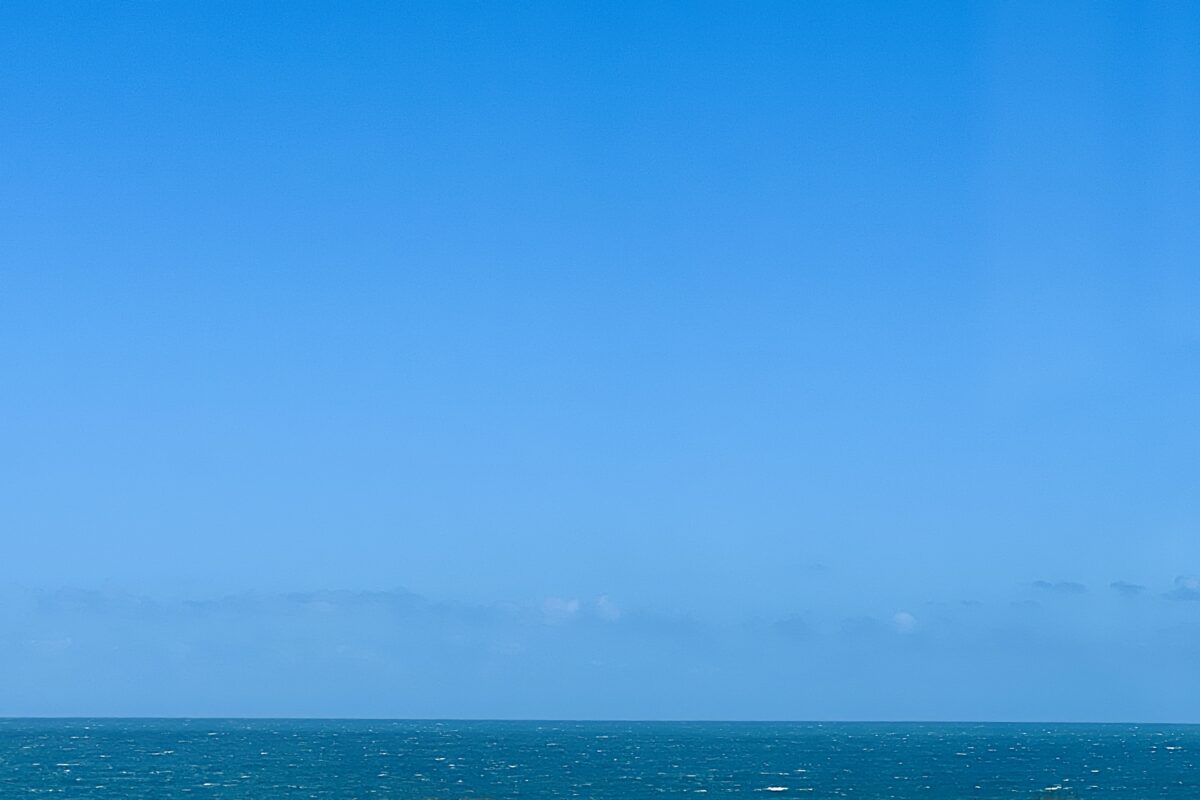Avenida da Liberdade




I learned new words today: one of them is Lusophone (Wikipedia Link)
Lusophones (Portuguese: Lusófonos) are peoples and nations that that recognize Portuguese as an official language, comprising an estimated 270 million people spread across 10 sovereign states and territories. This area, known as Lusofonia or the Lusophone world (Mundo Lusófono), is the corresponding community of Lusophone nations which exist in Europe, the Americas, Africa, Asia, and Oceania.
and
The term Lusophone is a classical compound, wherein the combining form “Luso-” derives from the Latin term for an area roughly corresponding to modern Portugal, called Lusitania. The suffix “-phone” derives from the Ancient Greek word φωνή (phōnē), meaning “voice”. The use of the term Lusophone mirrors similar terms such as Anglophone for English speakers, Francophone for French speakers, Hispanophone for Spanish speakers, and Sinophone for Chinese speakers. The term is sometimes used in reference to the Community of Portuguese Language Countries, similarly to the Francophonie.
Ah, another new word: Lusitania, the name of the Roman Province that eventually became Portugal. (Wikipedia Link)
I read the word Lusophone in today’s Monocle Minute Newsletter
President de Sousa’s whistle-stop trip marked the 100th anniversary of the first aerial crossing of the South Atlantic from Lisbon to Rio de Janeiro – and 200 years since Brazil’s independence from Portugal. That flight was crucial in strengthening the relationship between the two Lusophone nations. To honour the connection, his schedule included meetings with former Brazilian presidents including Lula da Silva, Michel Temer and Fernando Henrique Cardoso, as well as a planned stop in Brasília to sit down with current Brazilian president Jair Bolsonaro that never came to pass. Instead of successful diplomacy, the headlines were dominated by Bolsonaro’s decision to cancel the lunch after he discovered that De Sousa also planned to meet with Lula, his main opposition in October’s elections.
Portugal’s president De Sousa gave the world a lesson in how to deal with a bully. The newsletter continues:
Bolsonaro’s move backfired. Not only did De Sousa’s meetings with former leaders go ahead regardless but Portugal’s president pressed on with his schedule, seemingly indifferent to the changes. It was an attitude received favourably by the press: Folha de São Paulo, for example, ran an opinion piece describing Bolsonaro’s decision as “diplomatic vandalism”. In diplomacy it seems that any publicity is better than none. When he first heard about the cancellation, De Sousa politely told reporters, “Whoever invites you to lunch is the one who decides whether to have lunch or not.” If anything, the success of his trip proves that etiquette and common decency still go a long way in diplomatic circles.



